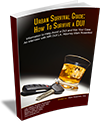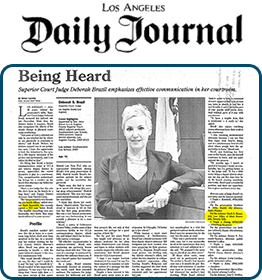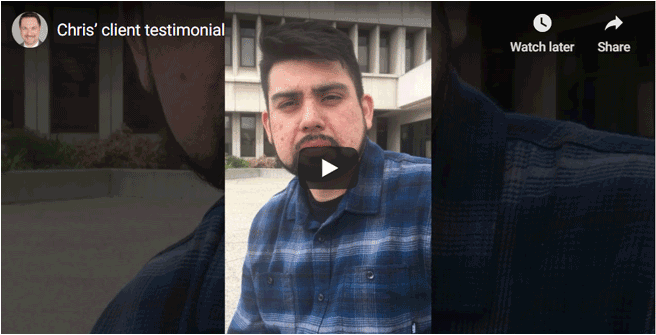One of the queries I often get about DUIs is that the person was never read their Miranda Rights. Miranda versus Arizona was a very important case, but it has now become very narrow in how it is applied. It is applied to people who are in custody, meaning people who had been arrested and who were being interrogated or asked questions. For Miranda to apply, it would really need to be a situation where somebody was in a police station being interviewed by police officers.
What happens now, and more or less the DUI exception to Miranda, is that the police officer would not arrest the person so they would not formally be in custody, and all of the questions the police officer asked would not be covered by Miranda.
If somebody was out by their car and was asked questions regarding where they were coming from, where they were going, what they had to drink, or whether they were sick or injured, then in theory, the judges would interpret that at the time all those questions were being asked the person was free to leave because they were not in custody; therefore, Miranda would not apply.
Many judges still do not view it as enough to get Miranda statements, admissions, or other statements excluded once the person was arrested with the handcuffs on in the back of the police car, because at that point, although they were not free to leave, the only questions the police officer would have asked would be standard booking questions and whether the person would do a breath test or a blood test. This raises the issues of implied consent when someone gets their driver’s license, because they would have consented to do a test if they were arrested for a DUI, either through a breath or blood test.
After the arrest, this issue would not really be an issue because in order for the person to hopefully not lose their driver’s license for a year or longer, they would need to submit to a breath or blood or sometimes even a urine test. Miranda would be very important and could be used in a DUI case from time to time, although most of the time it would not be a big issue in a driving under the influence case.
How Do People Unintentionally Violate Their Miranda Rights During a DUI Investigation?
People often unintentionally say things they would not have to say when they are stopped, detained and ultimately arrested for a DUI. They tend to make statements they think might be helpful whereas in reality, those statements turn out to be very harmful to them. People want to cooperate; they know they were not drunk driving and they would think that the officers were only looking for drunk drivers. In reality the officers would be looking to keep their statistics and number of arrests up.
They will be looking to arrest anybody who may be impaired, whatever that means to them, and that would not necessarily mean drunk driving. People do not think much about making statements such as yes, they had something to drink, when in actuality they would just be giving the officer additional information and additional justification to keep them on the side of the road longer to continue their investigation.
People make statements about what they had to drink, whether it was two beers or two glasses of wine, and they place the time of drinking as hours ago thinking that would be helpful, whereas it is actually harmful. They make statements about where they were coming from and where they were going, not thinking too much about it, but every question the police officer asks as part of the DUI investigation would be for the purpose of getting incriminating statements. The officers have been trained to get this information to help prosecute and convict people of driving under the influence.
When they go through the list of questions and ask if the person was sick or injured, if they were under a doctor’s care, if they were diabetic or epileptic, these are not standard questions that a police officer would ask; these are DUI questions to help prove the person was impaired for the purposes of driving and should have their license suspended and they should be placed on probation and punished.
Many people unintentionally make admissions they do not have to make as well as doing field sobriety tests they do not have to do. People give the prosecution team evidence to get a conviction when they do the field sobriety tests, just like when they make admissions to the officer about drinking.
For more information on DUI and Miranda Rights, a free initial consultation is your next best step. Get the information and legal answers you’re seeking by calling (310) 424-3145 today.






 Personal Attention
Personal Attention Every criminal case is unique and no attorney can guarantee the outcome of a case. The information on this site is legal advertising and for general information only. Using this site, requesting books, information, consultations or communicating with Attorney Rosenfeld through its site does not form an attorney/client relationship.
Every criminal case is unique and no attorney can guarantee the outcome of a case. The information on this site is legal advertising and for general information only. Using this site, requesting books, information, consultations or communicating with Attorney Rosenfeld through its site does not form an attorney/client relationship.








